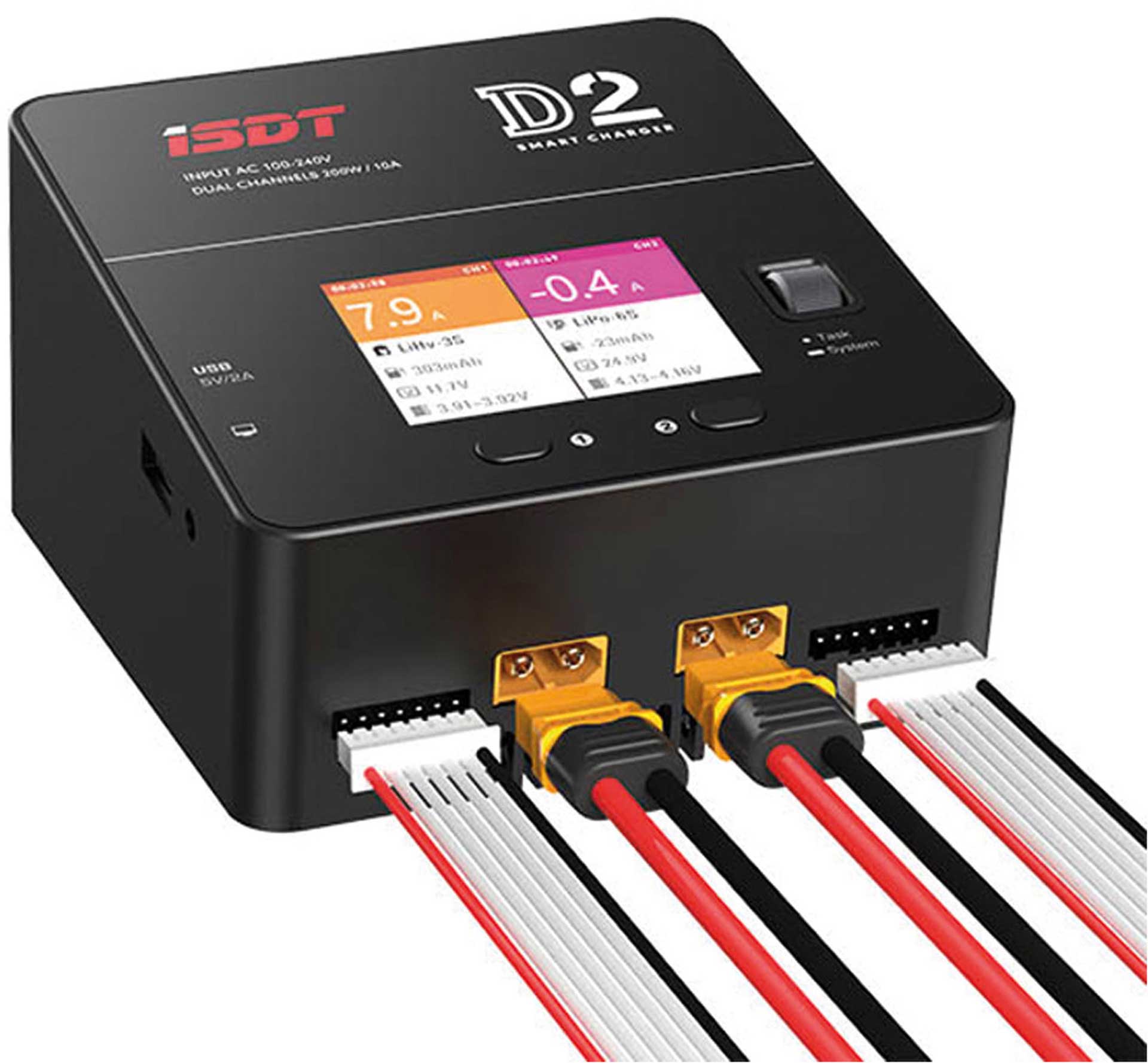The batteries we use in everything nowadays are lithium based, from phones to watches and laptops. Most of these devices have an integrated battery management system that’ll ensure that those batteries are properly cared for. On FPV drones on the other hand, you have to do those tasks on your own. I will briefly go over how to care for your batteries, how to charge and discharge them, proper storage and general safety about those batteries.

The charger you use is the most important part of this. Be sure to use a charger that supports LIPO/LIION/LIHV depending on the battery technology you are using. Lithium batteries have to be charged a certain way, and using an older charger (NIMH or NICD for older rc cars) could cause damage to the batteries or cause a fire.
DO NOT :
- Charge batteries on the aircraft
- Charge the batteries under 0 Celsius
- Charge batteries that are too hot to touch (more than 45 Celsius)
- Charge the batteries over capacity
- Leave the batteries unattended when charging
When charging, you want to charge the batteries at the right voltage and amperage. This is crucial to have your batteries perform for their full useful life. For example, a 4s 850mah lipo would need to be charged at : Cell count : 4, A : 0.8.
For a 6s 1800mah, you would use : Cell count : 6 and A : 1.8
By doing this, you will be able to keep your batteries performing longer.
When using your batteries, be mindful of :
- Not using the batteries over 50 Celsius
- Not discharge the batteries too quickly, select batteries that can deliver the amperage you need
- Not discharging the cells below 3V
When storing the batteries :
- Store them in a dry & cool place
- Store in a lipo safe bag
- Avoid storing loose batteries together
- Avoid putting metal near the connectors
- Put the batteries at storage voltage when storing
Lithium batteries have become ubiquitous in our daily lives, powering everything from smartphones to laptops and watches. While most devices come with built-in battery management systems, the same level of care is not always provided for FPV drone batteries. In this extended guide, we will delve deeper into the essential practices for maintaining and prolonging the life of your lithium batteries in FPV drones.
Charger Selection and Safety Precautions
Choosing the right charger is paramount when it comes to lithium batteries. It is crucial to use a charger that supports the specific battery technology you are using, such as LIPO, LIION, or LIHV. Using an incompatible charger, designed for older battery types like NIMH or NICD, can lead to battery damage or even pose a fire hazard. To ensure safety and longevity, avoid common charging mistakes:
DO NOT:
Charge batteries while still installed in the aircraft.
Charge batteries in temperatures below 0 degrees Celsius.
Charge batteries that are too hot to touch (exceeding 45 degrees Celsius).
Exceed the recommended capacity during charging.
Leave batteries unattended while charging.
Optimal Charging Practices
Properly charging your lithium batteries is essential to maximize their lifespan and performance. Charging at the correct voltage and amperage ensures optimal battery health. For instance:
A 4s 850mAh LIPO battery should be charged at:
Cell count: 4
Amperage: 0.8
For a 6s 1800mAh battery, the settings would be:
Cell count: 6
Amperage: 1.8
Following these guidelines will help you maintain your batteries and ensure they perform effectively over time.
Battery Usage Guidelines
When using your lithium batteries in FPV drones, observe the following precautions:
Avoid operating batteries at temperatures exceeding 50 degrees Celsius.
Select batteries that can deliver the required amperage without strain.
Prevent cells from discharging below 3 volts to avoid damage and degradation.
Proper Battery Storage Techniques
Proper storage is key to maintaining the health and safety of your lithium batteries:
Store batteries in a dry and cool environment to prevent degradation.
Utilize a lipo safe bag for added protection against potential hazards.
Refrain from storing loose batteries together to avoid short circuits.
Keep metal objects away from battery connectors to prevent accidental discharge.
Store batteries at their recommended storage voltage when not in use to prolong their lifespan.
By adhering to these comprehensive guidelines for caring for lithium batteries in FPV drones, you can ensure the safety, longevity, and optimal performance of your batteries, enhancing your overall FPV flying experience.